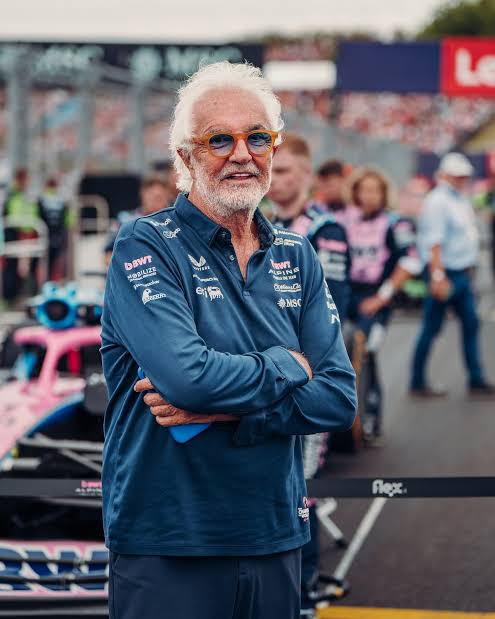Flavio Briatore, the charismatic and controversial former boss of the title-winning Renault Formula 1 team, has once again laid the blame for the team’s subsequent struggles and strategic failures on “corporate meddling.” Briatore, who recently returned to the team (now Alpine F1) as an advisor, has consistently argued that excessive interference from the parent car manufacturer’s executive board has crippled the team’s ability to operate successfully in the cutthroat world of F1.
The core of the Briatore Renault F1 Meddling argument is that a major manufacturer, unlike a focused privateer team, inevitably prioritizes corporate interests—such as brand alignment, internal political battles, and bureaucratic procedures—over the singular, uncompromising goal of winning races. He contends that this structure leads to slow, compromised decision-making and a lack of agility in car development, which is ultimately fatal in a performance-driven sport.
Briatore’s recent comments gain new relevance following strategic decisions by Alpine, notably the decision to scrap the in-house Renault engine project for the 2026 regulations. While he denied being the “bad guy” behind that choice, his statement suggests the decision was driven by financial and corporate motives rather than a pure sporting pursuit of success. This move, for many, confirmed the final withdrawal of the team’s independent manufacturer ambition.
The Briatore Renault F1 Meddling narrative serves as a warning about the challenges major auto corporations face in F1.
While Briatore’s own legacy at Renault ended amidst the 2009 “Crashgate” scandal, his consistent criticism maintains that the systemic corporate bureaucracy, rather than specific failures, remains the long-term, underlying cause for the former champions’ failure to reclaim their spot at the top of the grid.





